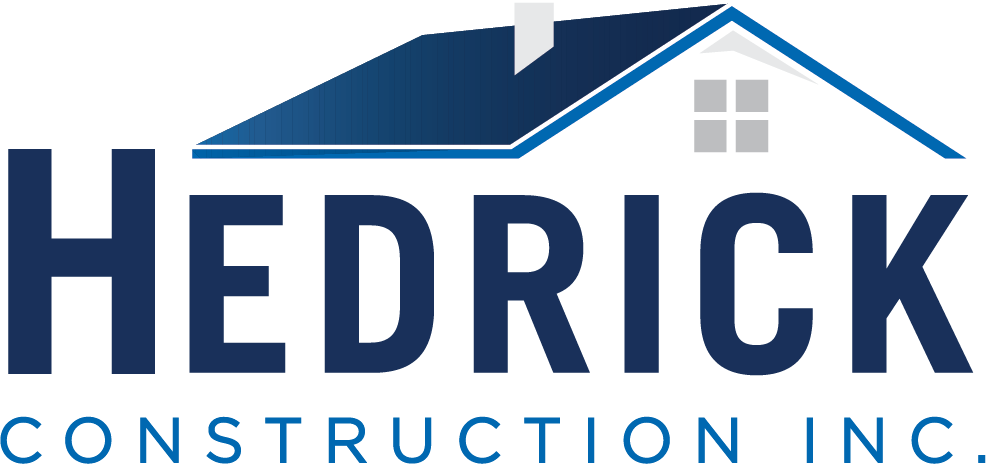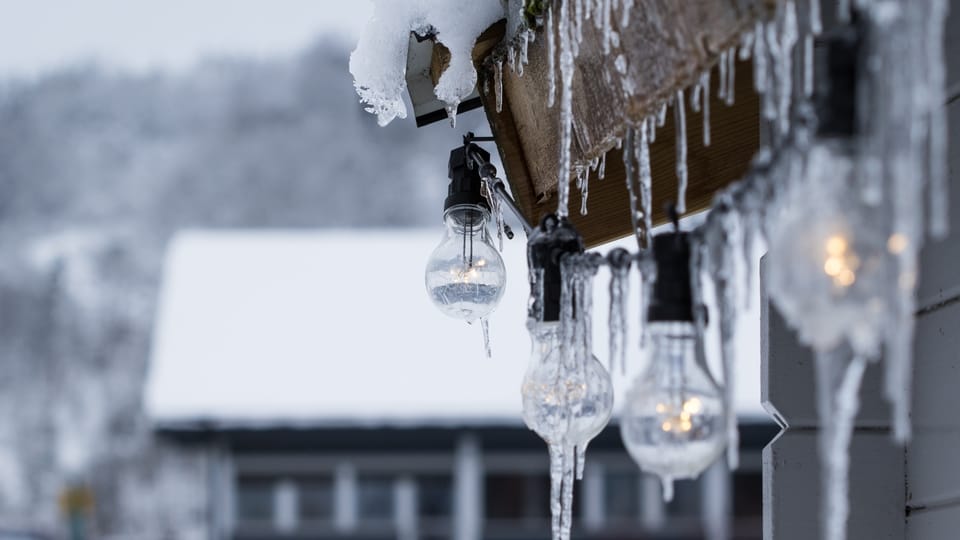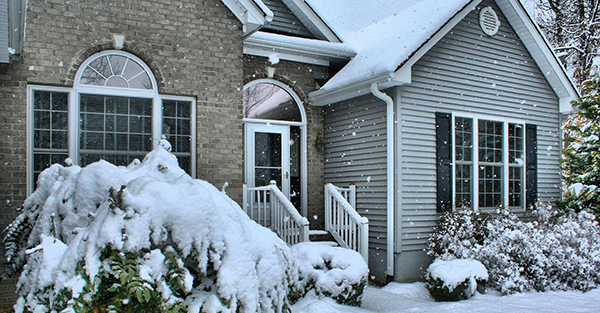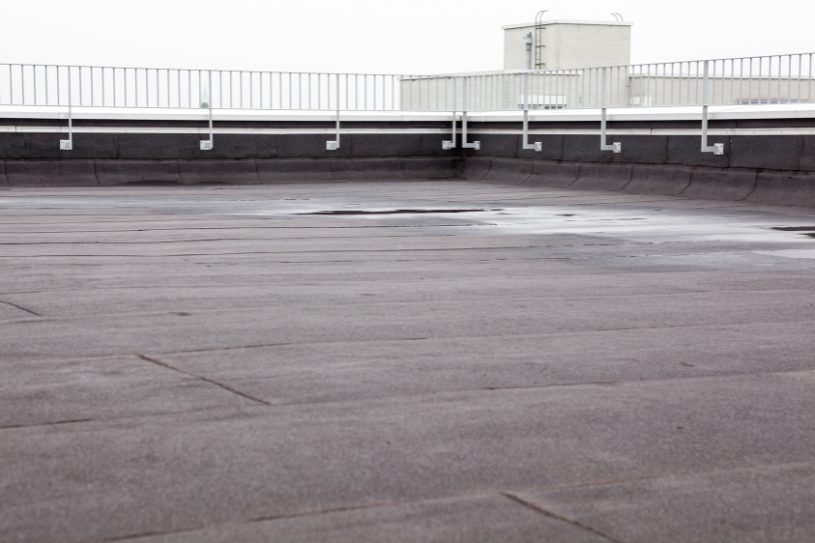
If you're considering a roof replacement, you’ve probably come across stone-coated steel roofing as an option. While asphalt shingles remain the most common choice for residential roofs, more homeowners are exploring long-lasting, weather-resistant materials like steel. Stone-coated steel offers the durability of metal with the visual appeal of more traditional roofing styles, making it a popular alternative for those looking to upgrade their roofing system. Below, we break down the key advantages and potential drawbacks to help you decide if it’s the right fit for your home.
What Is Stone-Coated Steel Roofing?
Despite the term “steel roofing” often bringing to mind plain, industrial panels, stone-coated steel offers a much more attractive and versatile alternative. It’s made from 24- or 26-gauge rolled steel sheets that are coated to resist rust and then finished with a layer of stone chips that are permanently bonded to the surface. This final coating not only adds texture and visual appeal, but also enhances the roof’s strength and weather resistance. The result is a roofing material that mimics the look of traditional shingles or tile while providing superior protection and longevity.
Pros of Stone-Coated Steel Roofing
Longevity
One of the biggest reasons homeowners invest in stone-coated steel roofing is its impressive lifespan. When properly installed by experienced residential roofers, metal roofs can last between 40 and 70 years. That’s more than double the typical lifespan of asphalt shingles, which often need replacement every 20 years. Over time, the extended durability of a steel roof can significantly reduce your long-term roofing costs.
Durability
Steel is built to withstand extreme Midwestern weather conditions, including strong winds, hail, heavy snow, and rain. Though metal might sound like a heavy option, it’s actually lightweight—ranging between 50 to 150 pounds per square—which puts less stress on your home’s structure than tile or concrete roofing. Its durability makes it especially appealing for homeowners dealing with frequent roof repair needs or weather-related roof damage.
Low Maintenance
Compared to asphalt or wood roofing materials that require frequent inspections and occasional repairs, stone-coated steel requires minimal maintenance. Once installed, it forms a protective shell over your home that resists corrosion, mold, and cracking. This lower upkeep translates to cost savings and peace of mind over the life of your roof.
Beauty and Versatility
While performance matters, curb appeal is still a major factor in choosing a new roof. Stone-coated steel roofing is available in a wide range of colors, textures, and profiles. This gives homeowners the flexibility to choose a style that matches their home’s aesthetic. Whether you want the look of slate, shake, or classic shingles, there’s likely a design that fits your preference.
Energy Efficiency
There’s a common misconception that metal roofing makes homes hotter in the summer, but in reality, it’s often more energy-efficient than asphalt. Stone-coated steel reflects solar heat rather than absorbing it, helping to keep your attic and living spaces cooler. This can reduce the strain on your air conditioning system and lower energy bills, especially during hot Iowa summers. The Metal Roofing Alliance also notes that reflective steel roofing can help reduce peak cooling demand.
Cons of Stone Coated Steel Roofing
Initial Cost
The biggest hurdle for most homeowners is the upfront cost. Stone-coated steel is one of the more expensive roofing materials on the market. However, when you factor in its lifespan, durability, and virtually maintenance-free performance, it can be a smart long-term investment. While asphalt may cost less initially, the total cost over decades, including repairs and replacements, may actually be higher.
Noise
Another concern is noise during rain or hailstorms. Depending on how it’s installed, a metal roof can produce more sound than other materials. Fortunately, this can be mitigated. Proper installation techniques, such as using a solid roof deck and additional insulation, can significantly reduce interior noise. In most cases, any added sound is minimal and can be addressed with simple upgrades in the attic.
SHOULD YOU CHOOSE STONE-COATED STEEL?
When weighing the benefits and drawbacks, stone-coated steel roofing stands out as a high-performing option for homeowners who value longevity, low maintenance, and visual appeal. For those experiencing ongoing roof damage or considering a full roof replacement, it can provide lasting protection and peace of mind. While the upfront cost is higher, the durability and energy efficiency make it a strong contender for those planning to stay in their home long-term.
If you’re exploring roofing options in Ames, Ankeny, Huxley, or the surrounding areas, Hedrick Construction can help. Our team of residential roofers has years of experience with roof replacement, roof installation, and storm-resistant roofing systems. Get in touch with our team to see if stone-coated steel is the right choice for your home.







Comments